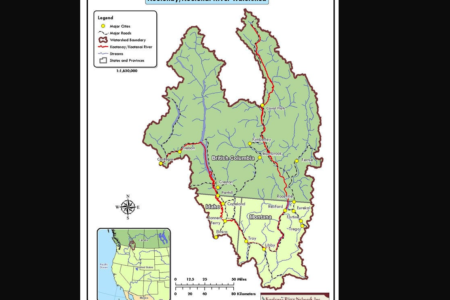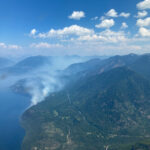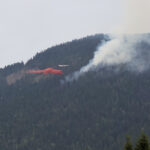B.C.'s lax drinking water regulations put residents at risk
B.C.’s discretionary approach to drinking water protection has put yet another community – this time in Metro Vancouver — at risk, proving once again that the province’s existing regulations are ineffective and do little to protect the health of its residents. An Aug. 24 article in the Vancouver Sun reported that White Rock does not disinfect its water, even though its water system has tested positive for E. coli several times. “It’s baffling, but this is most likely perfectly legal under the province’s discretionary regulation of basic health protection,” said Randy Christensen, Ecojustice staff lawyer. The province’s Drinking Water Protection Act only requires disinfection of well water if it is deemed necessary in the opinion of a drinking water protection officer. “This outbreak likely wouldn’t have happened if B.C. mandated the disinfection of all drinking water and enforced disinfection standards in water distribution systems,” Christensen said, adding that B.C. would be wise to remember lessons learned from past waterborne disease outbreaks. In 2000, water contaminated with E. coli killed seven people and made thousands others ill in Walkerton, Ont. During the ensuing public inquiry, Justice Dennis O’Connor made a strong recommendation for mandatory drinking water protections. B.C. has yet to act bring such regulations into effect. Ecojustice has long been a critic of the discretionary approach to drinking water standards. Seeking Water Justice, released in May 2010, describes how Canadians are still at risk from inadequate investment in drinking water systems and inadequate regulations. In 2006, Ecojustice gave B.C. a low grade in its report card on provincial drinking water protections. A primary reason for the low mark was B.C.’s continued reliance on discretionary regulations. B.C. also has had a long history of waterborne disease outbreaks. A 2003 report, Watered Down, investigated and analyzed 28 waterborne disease outbreaks that had occurred in the province.






















